The Department of Fisheries and Watershed Management of Kwame Nkrumah University of Science and Technology (KNUST) won the 2015 National Best Pond Fish Farmer Award during the National Farmers’ Day awards held on 4th December, 2015. The award included a certificate of honour, a 200-horse power tricycle, fishing nets, wellington boots and other farm implements.
The Department’s farm came top after an assessment by the regional and national fisheries search committees. The assessment criteria covered the following: fish production figures, maintenance of ponds, expansion in facilities, innovative fish production systems, environmental and pollution mitigating approaches in fish production .
KNUST has trained over 400 Ghanaians and West African nationals at both undergraduate and graduate levels. More than 70 fisheries officers for the then Fisheries Department were trained by the Department to earn diplomas and degrees. Folowing the commercialisation of its ponds in 2011, the Department developed a market in order to generate income for maintaining facilities in addition to serving as a training and research facility. The farm, over the last production year (June 2014 to November 2015), generated GHC 25,000 from the sale of tilapia and catfish to the university community and the general public.
The Department constructed 15 additional ponds (15m x10m) for students’ research and practical training in 2015. This has increased the total pond area at the farm to (8,350m2). The ponds are normally fed with spring or rain water. However, two boreholes have recently been sunk to provide water during the dry season. Owing to the year-round availability of water, the farm is able to undertake two production cycles annually. The two main species cultured are Oreochromis niloticus(Tilapia) and Clarias gariepinus (catfish). During production, ponds are fertilised optimally and feed applied between 50 to 75% of the recommended rate to reduce production cost.
Another strategy used to reduce the demand for water for pond filling and cut down on the volume of effluents discharged is water re-use (where water used to fill the ponds are recycled once to grow fish before being discharged). Presently, pond effluents and sediments are being recycled to grow vegetables according to best management practices where vegetable production is integrated with fish farming to reduce fertiliser use.
The fish farm, located on KNUST campus near the waste treatment plant, started modestly in the early 1980’s with two mechanically constructed ponds. Subsequently, 13 manually constructed ponds were added between 1987 and 1988. The farm was established with the core objective of providing practical training to graduate and undergraduate students. The farm, until October 2015, had 15 earthen ponds (total pond area of 6,100m2) of the following sizes: four 900m2, three 300m2 and eight 200m2. A farmhouse (brick structure) was later constructed through European Union funding facilitated by a UK volunteer, the late Chris Morrice , who was serving at the Institute of Renewable Natural Resources in 1988. The farm house has a wetlab and storerooms for feed and equipment, and a washroom facility.
Currently, there are twelve 1m3 (1m x 1m x 1m) cages for fish production in one of the deepest ponds at the farm to help train students in cage culture. Through its collaboration with the USAID funded AquaFish Innovation Lab (formally, AquaFish CRSP) the wetlab has been equipped for cutting-edge research on water quality, fish nutrition, climate change, fish genetics etc. and increased students training. The Department has recently received a container-based fish digestibility facility through its collaboration with the Danish Technical University (DTU Aqua) under the DANIDA funded project ‘Sustainable Fish Feed Project’. There is also an on-going collaboration with Oregon State University on research in solar-powered and affordable aerators suitable for increasing production levels in ponds. Prototypes are being tested on the farm. Through collaborations with AquaFish Innovative Lab and BSU outreach, the department has held several outreach programmes aimed at strengthening the capacity of fish farmers around Ghana to increase their production levels and maximise profit. All these facilities have immensely improved undergraduate and postgraduate training and research.

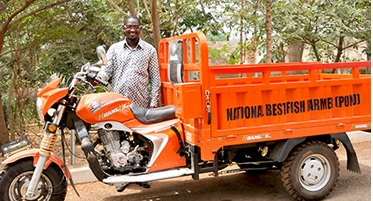
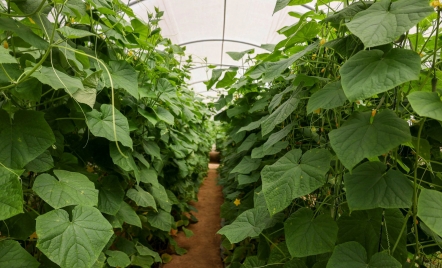
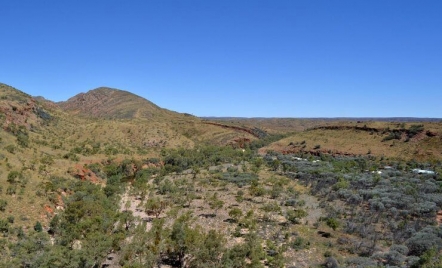
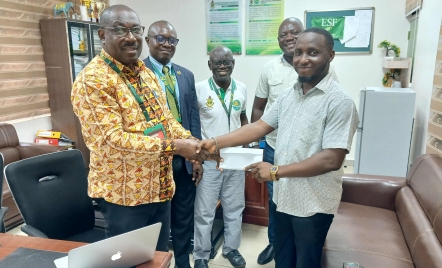
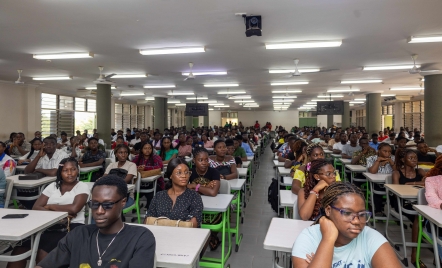
Comments